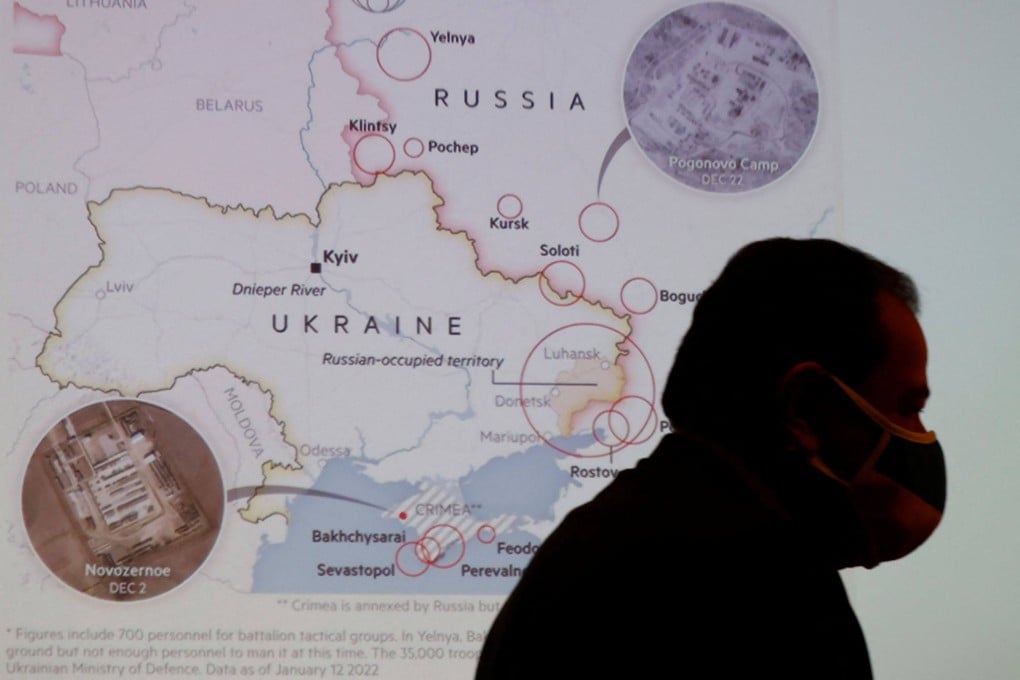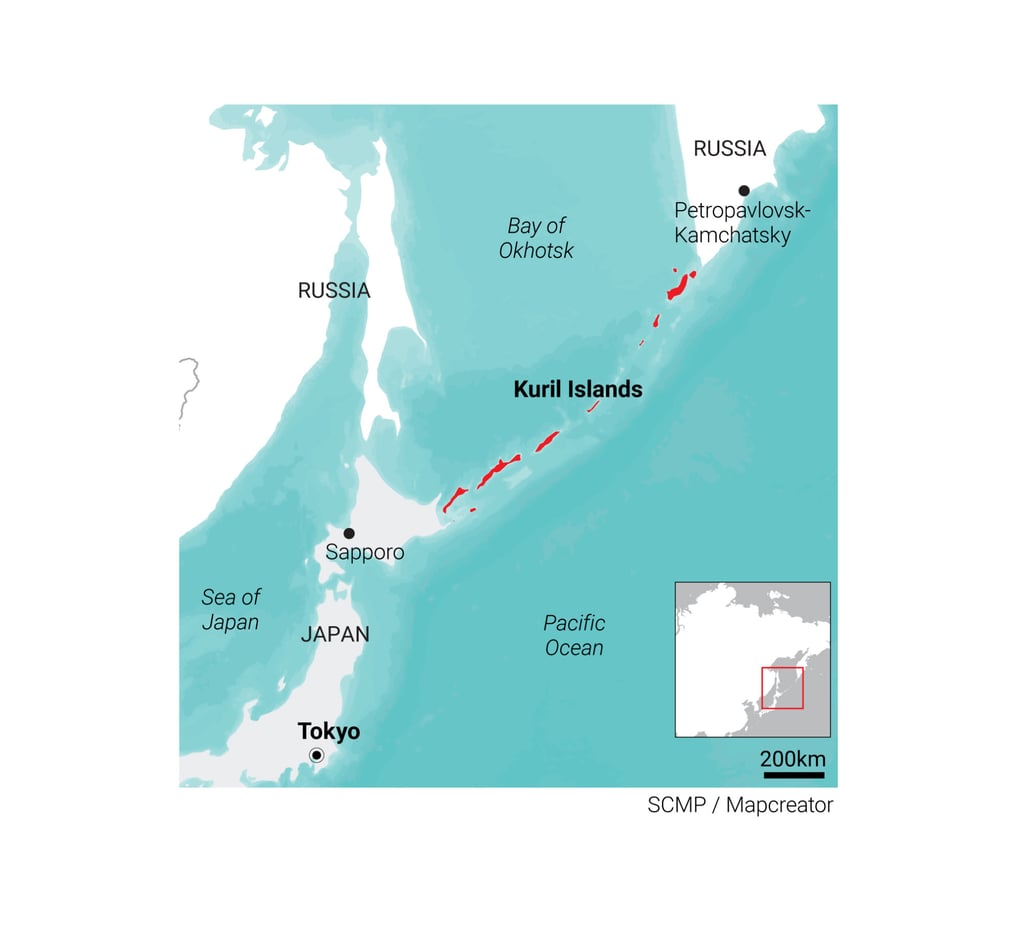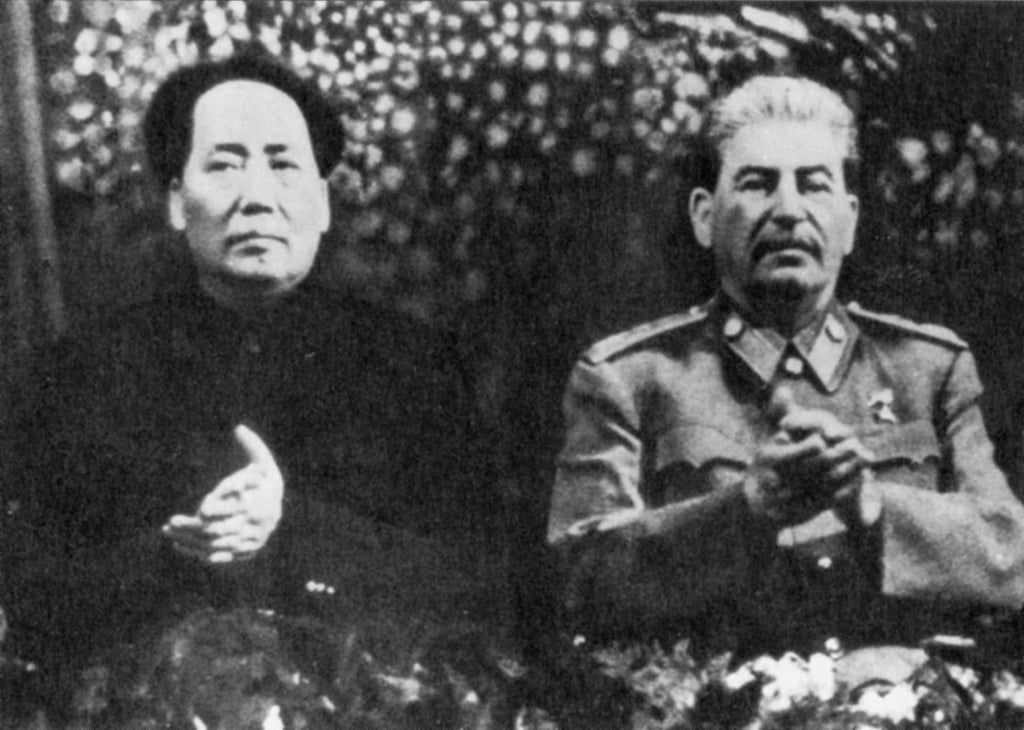Ukraine crisis: why US pressure for sanctions on Russia leaves Japan cornered on its China policy and in the Kuril islands
- Japan is proud of its status as the only Asian nation in the G7 and will feel pressure to support Washington’s stance as the crisis in Ukraine develops
- But Tokyo will be wary of undermining its chances of a deal with Russia on the disputed Kuril islands. Even more, it fears pushing Moscow and Beijing together

Tokyo is under growing pressure from Washington to support Kyiv in the unfolding crisis with Russia, even to the extent of imposing sanctions on Moscow should its forces invade Ukraine, although analysts warn that antagonising Russia would further damage Japan’s faint hopes of reaching an agreement on the sovereignty of islands off Hokkaido.

To underline the difficult position that Prime Minister Fumio Kishida finds himself in, the lower house of the Japanese Diet on Tuesday adopted a resolution expressing solidarity with Kyiv, saying Tokyo is “gravely concerned and always with the Ukrainian people, who hope for the stability of their country and the region”.
The resolution called for the application of diplomacy to ensure stability, adding that “any change in the status quo by forces is unacceptable”.

Significantly, however, the resolution studiously made no reference to Russia, stating only that the “situation remains tense, destabilised by developments outside” Ukraine’s borders.